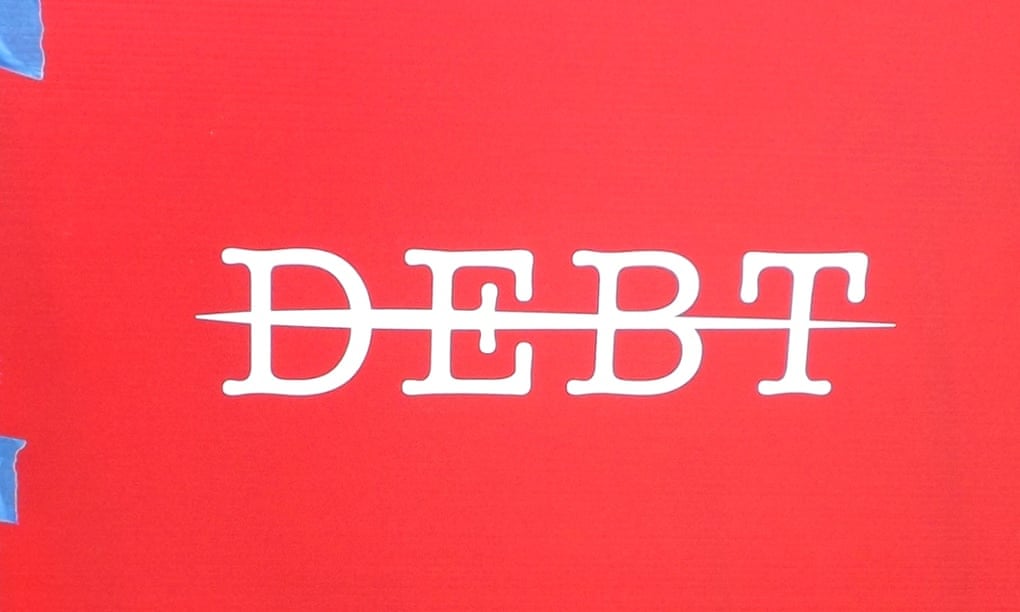
Najla Mulhondi
At the plenary session of the summer university of the CADTM, Amina Amzil from Attac Morocco reminded the audience how the Structural Adjustment Programs SAPs have changed the development of emerging countries in the neoliberal global market and what it means for women.
SAPs are the austerity programs of the South. The World Bank with the FMI institutionalize the neoliberal measures of austerity in the “there is no alternative” dogma. The World Bank impeded any plans for development of public investments instead becoming an instrument of economic blackmail for developing countries disregarding human rights.
Amina Amzil explained that in Morocco 78% of the GDP is engulfed in the debt repayment, slimming budget for education and health care reducing public services. Women are particularly hit by these cuts. Still, 52% of women are illiterate compared to 33% of men. The World Bank ordered a drastic cut of 30% in public employment the traditional sector in which women find services and work. Now, women unemployment is higher in all sectors; in particular 25% of women with higher education diploma are unemployed while women constitute only 6.7% of higher education graduate. In addition, women suffer of lack of access to health care especially evident with a maternal mortality rate of 112/100000 one of the highest in the region. Finally, SAPs were completed with trade agreements that open the emerging countries to the rich countries rendering women vulnerable as perceived as docile and exploitable in informal sectors.
Being a member of the CADTM in Liege (Belgium), Najla Mulhondi would not miss its annual meeting.
For Najla, the agronomist, the public debt system meant globalization of agro-industry merchandize that works only because of the existence of inequalities. But this year, she said, she had to focus on the link between feminism and the public debt system. Realizing that inequalities are gendered, she attended the “feminist struggles” workshops of the CADTM.
We talked with her after the workshop moderated by Christine Vanden Daelen entitled “Some pedagogical tools to arm women against all kind of austerity.”
This workshop presented some educative tools for women, chiefly vulnerable women, to regain control over the neoliberal discourse and understand that they don’t owe anything on the contrary their work has been largely utilized for free. Najla makes the connection with the land grabbing and globalized markets that forced the farmers of the South to produce crops, roses etc, for the North.
In her interview in French, she mentioned the issue of “all these natural resources purloined from the South”, she said, “I don’t know how one/we will give back to the countries in the South, we’ll have to ponder.”
Clearly, in these unequal relationships feminist struggles bring about another solidarity to open what has been closed by this neoliberal order.
Listen to Najla who felt the need, “to spread this new openness.”
For a longer interview with Najla, in French:
(Photo Credit: 50-50 Magazine)




